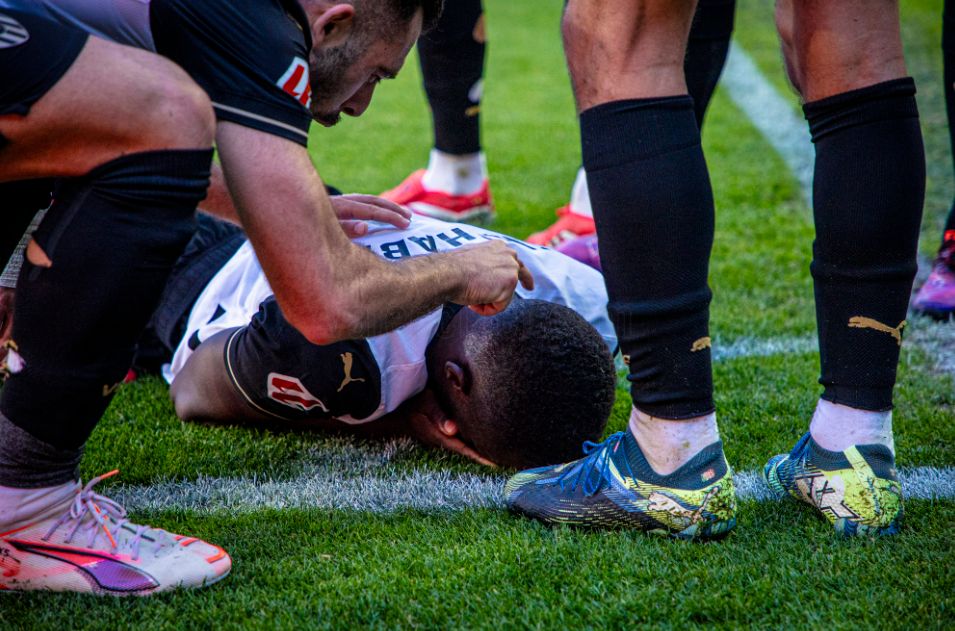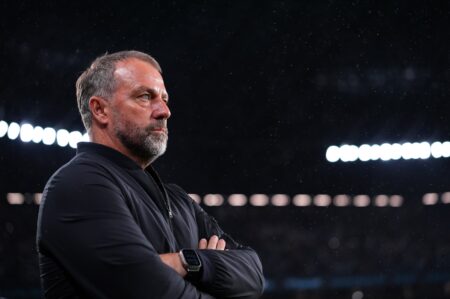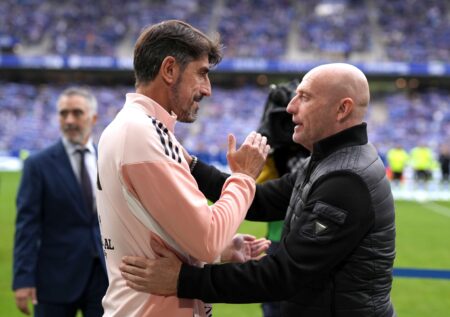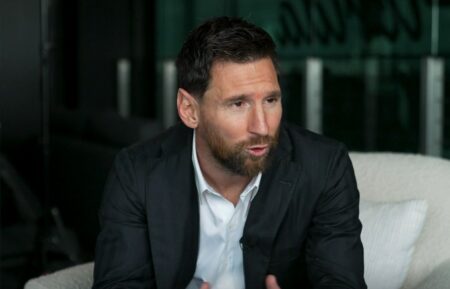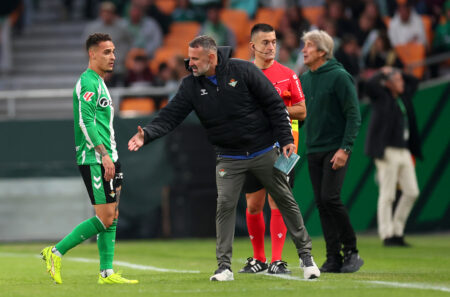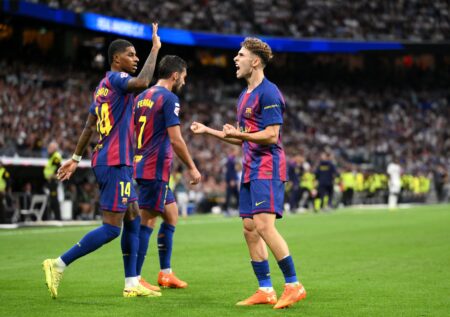A Lingering Dispute: Diakhaby’s Experience with Racism
Spanish football has a long and unfortunate history with incidents of alleged racist abuse, and Valencia defender Mouctar Diakhaby’s case in 2021 stands out as one of the more contentious. During a match at the Mestalla stadium, Diakhaby accused Cadiz defender Juan Cala of racist remarks. Despite his strong claims, a La Liga report later concluded that no such abuse had occurred. Diakhaby, however, has never wavered in his stance, maintaining that the racism he experienced was real. Speaking to the media on Thursday (via MD), Diakhaby provided a candid and heartfelt response, highlighting his dissatisfaction with how La Liga handled the situation.
La Liga’s Lack of Support
"When I’m going to be clear, in my case, La Liga protected the player… And that’s it. I felt that when my case occurred, La Liga did not act as it should, simply, and that when it was other players, they do investigate and do more," Diakhaby said. This statement underscores a deep sense of frustration and a feeling of being let down by the very institution that should be safeguarding players from such abuse. Diakhaby’s experience is a stark reminder of the inconsistent and sometimes superficial approach to addressing racism in football.
A Stand Against Hypocrisy
Two years later, Diakhaby’s feelings have not softened. When La Liga responded to the racist abuse Vinicius Junior faced during a match against Valencia with anti-racism initiatives, Diakhaby snubbed their efforts. "I couldn’t tell you if I would wear it or not today. I wouldn’t get behind a banner to be the guy who agrees with what they’re doing," he remarked. His reluctance to support the banner is a clear indication of his belief that La Liga’s actions are not genuine and that more needs to be done to combat racism effectively. Diakhaby’s stand is a call for accountability and a more proactive approach to dealing with these issues.
Distinguishing Between Cases
Diakhaby is also quick to point out that his experience and Vinicius Junior’s are different and should not be compared. "No. Every case is different. I’m no more than that more has been said about Vinicius than about me. They are cases of racism, in different times, in different places and you have to identify that it was very different. His was a fan and mine was a player," he explained. While both incidents involve racism, the nature of the abusers and the contexts in which they occurred are distinct. Diakhaby’s case involved a fellow professional, adding a layer of complexity and institutional responsibility that is not present in fan-based incidents.
The Impact on Diakhaby
Despite the different circumstances, Diakhaby’s experience has left a lasting impact on him. He shared, "I was not bothered by the noise because they are important things. We are not going to hide what has happened. I believe in what I see and what I hear." This sentiment reveals his resilience and commitment to speaking out against racism, even if it means standing alone. Diakhaby’s refusal to be silenced is a powerful statement, showing that he values truth and justice over hollow gestures or popularity.
A Call for Better Action
Diakhaby’s critique of La Liga’s response to racism is a clarion call for better action and support. His words, "I felt undefended and I didn’t feel on that banner," resonate with the broader community of players and fans who have felt the sting of racism and the inadequacy of the support system. For Diakhaby, the path forward is clear: genuine, thorough investigations and meaningful actions to prevent and address racist incidents. His experience and continued advocacy highlight the urgent need for football authorities to take a more robust and consistent approach to combating racism in the sport.

